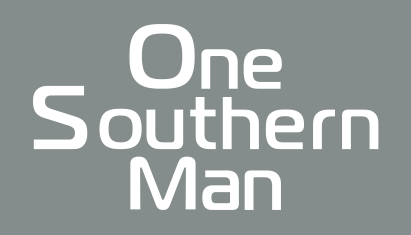Mignon Fogarty (aka Grammar Girl) has long been my favorite. After all, understanding the complexities of grammar is critical for any writer. I like Grammar Girl’s simple explanation of what a “caucus” is and how it pertains to our political process.
In the US, some states have caucuses instead of having people go to the polls to cast their votes. This allows voters to narrow down the field to just one political candidate for each party. At the caucuses, Republicans gather together, and Democrats gather together and decide who the candidate will be for their party. It happens in small local political party meetings where people can give speeches or have discussions, and sometimes people can change their minds and switch to support different candidates.
RELATED: Best 30a Restaurants In 2022
Everyone is talking about caucuses right now because the Iowa caucuses were in early January and Nevada held theirs Monday night. It’s the first time voters weigh in on the 2016 presidential candidates. But this is Grammar Girl, not Political Girl, so I wondered why we call these caucuses.
Native American Origin?
The word caucus appeared in Boston in the 1760s, but nobody knows where the word originated. According to the Oxford English Dictionary, caucus may have come from an Algonquin word cau′-cau-as′u, which means “one who advises, urges, or encourages.”
Greek Origin?
In 1763, John Adams mentioned a social and political organization called the Caucus Clubb in his diary. Clubs in New England were known to adopt Indian names sometimes, so that would fit with the Algonquin origin. However, the Online Etymology Dictionary speculates that it’s also possible the club got its name from the Greek word kaukos. Kaukos means “drinking cup.” The Native American origin seems most likely, but really, nobody knows for sure.
John Adams and the Caucus Clubb
Adams’ description of the Caucus Clubb sounds a lot like caucuses today, though. He described it like this in his diary:
“They choose a Moderator, who puts Questions to the Vote regularly, and select Men, Assessors, Collectors, Wardens, Fire Wards, and Representatives regularly choose nominees before they chose them in Town.” (He wrote his diary when English writers capitalized a lot more words than they do now.)
Verbing Nouns
A caucus was originally a thing, a meeting. It was a noun first, but because it’s common to verb nouns in English, by the 1780s, caucus was also a verb. In addition to attending a caucus, you could simply caucus or say that you were caucusing. By 1823, you could be a caucuser, and by 1885, you could be caucusified: in a Speech in the House of Lords, Earl Wemyss described a caucusified atmosphere.
And that’s your tidbit. Nobody knows for sure where we got the word caucus, but it started in America and possibly derived from a Native American word that means “one who advises, urges, or encourages.” Happy caucusing.
Editor’s Note: Primaries are partisan elections where voters go to polling locations to cast their ballots for their preferred candidates.
